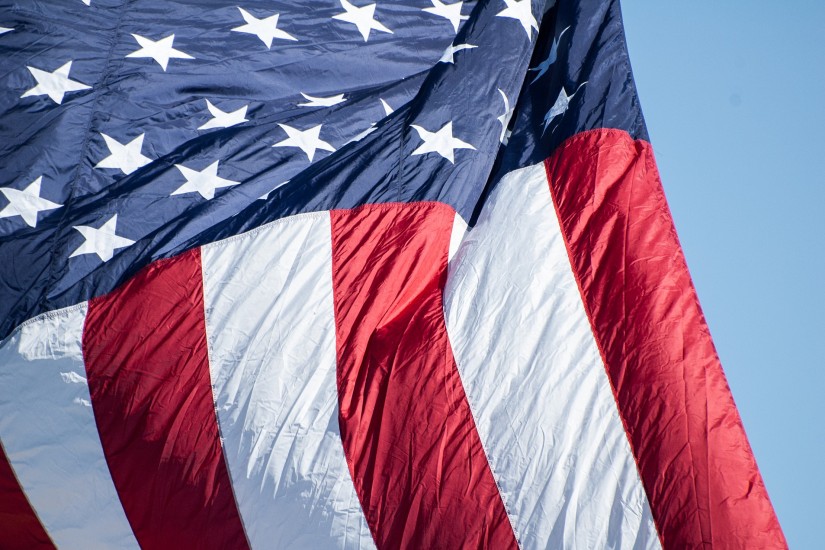This core component of American patriotism – the popular conviction in a world-historical role for the US – is unlikely to continue. First, it is increasingly difficult not to notice that in many basic matters of government and society, including healthcare, public education, gender equity, social mobility and prosperity, economic fairness, childcare, environment and more, the US has fallen behind most of the developed world. The US’s world-historical ambitions have simply not kept pace with world history. Secondly, the wars. Wars are nation-making events, but they can also be unmaking ones. If your patriotism is linked to pretensions of a world-historical role, what do you do when the world chooses not to emulate you, or when it (Afghanistan, Iraq, Libya) doesn’t want your Americanisation project? Mere military supremacy, especially when it proves ineffective at achieving its goals, is unlikely to be enough to sustain the exceptionalist heart of American patriotism.
Killing or dying for a principle might be just. But principles are universal, not confined to the good of a particular nation; and patriotism by definition is concerned only with the good of the nation. The United Nations’ Universal Declaration of Human Rights (1948) uses the word ‘universal’ five times, and further specifies that the rights apply to all peoples and all nations, and all children. The universality of the Declaration is just a recent instance of an ethics of reciprocity put forward, in some form, by almost all religions and moral systems – but not by patriotism. Nearly two decades into the 21st century, the premise that all people deserve the same basic recognition and protections should be a conservative principle. Patriotism, however, elevates to its highest expression killing and dying for the nation. This might be an aspiration, if you care for such ideals, but it cannot be a principle.
The sacred status of American patriotism in the US indicates only an ideological strength, not moral or intellectual soundness. The Right-wing nationalism resurgent in many places, including the US, has convinced many Americans that reasserting patriotism is necessary, or at least politically strategic. But questioning American patriotism is a greater opportunity, and might also be a more pragmatic course, since some of its historical foundations are unravelling. It is time to start treating American patriotism – the most deadly form of identity politics – as a question, not an answer.
